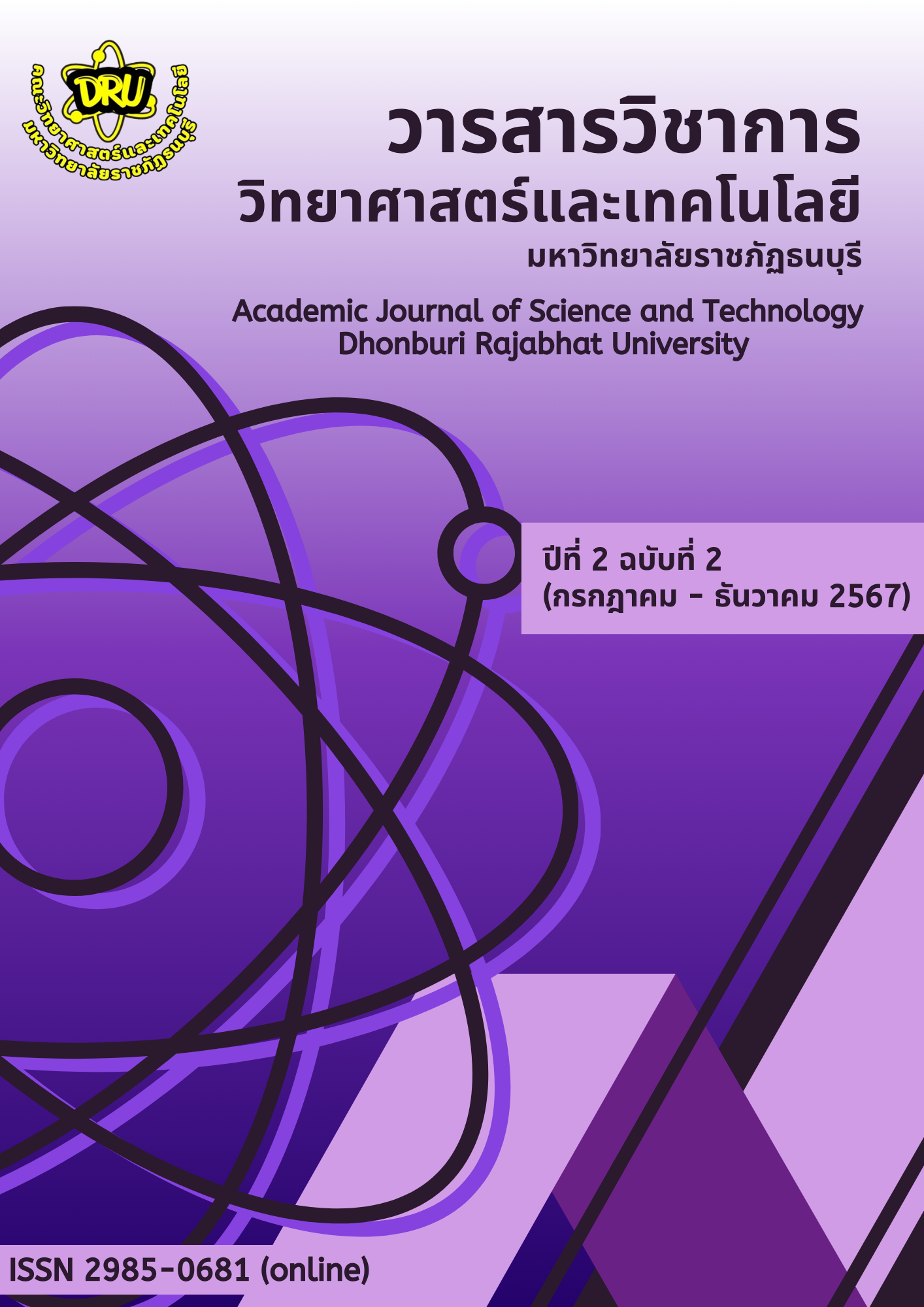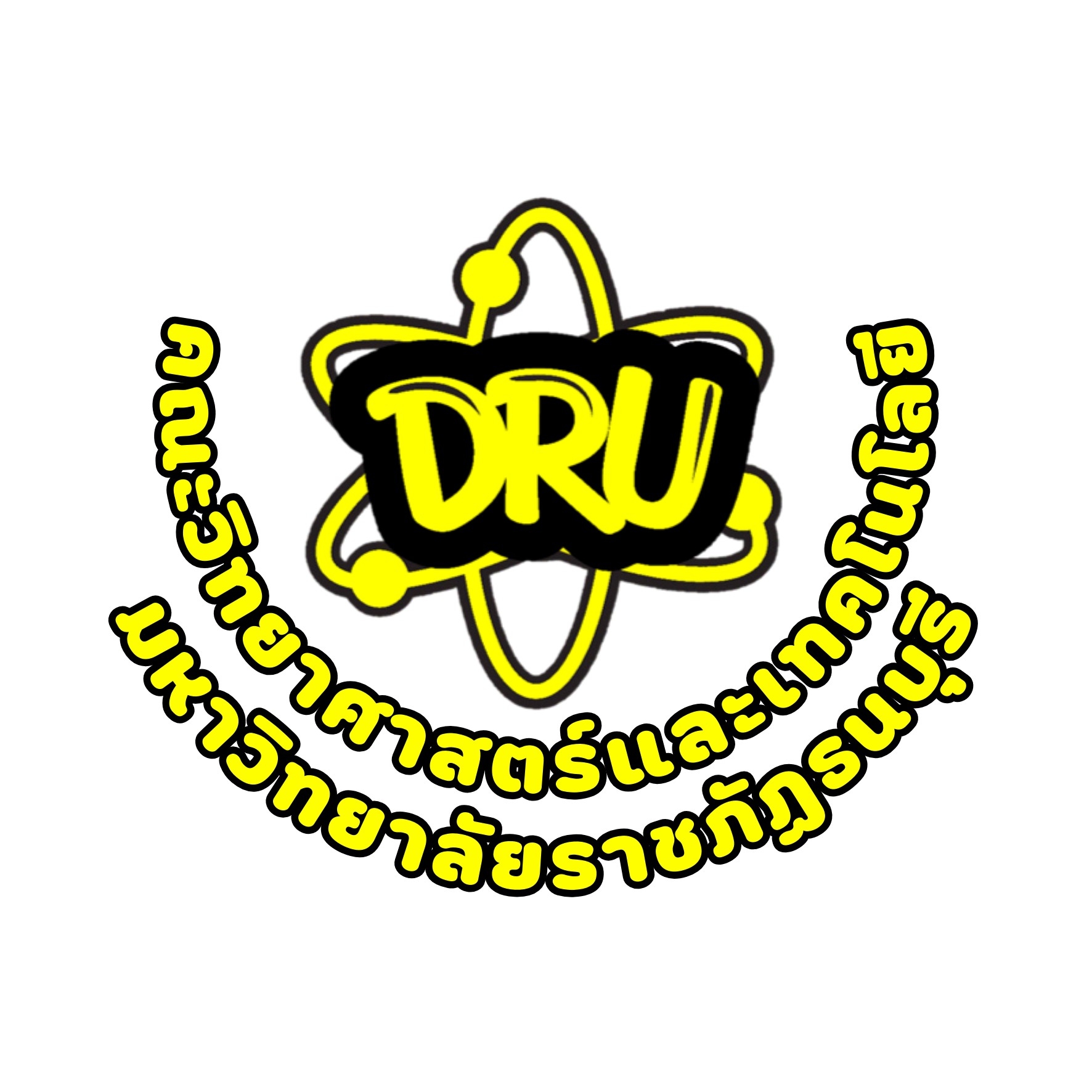Integration of Artificial Intelligence and Omics Technologies for Precision Oncology
บทคัดย่อ
This comprehensive review examines the integration of artificial intelligence (AI) and cancer treatment from an omics perspective. As cancer incidence and mortality rates continue to rise globally, understanding tumor heterogeneity and molecular subtypes has become essential for effective therapy. The review highlights the role of AI in analyzing omics data, including genomics, proteomics, transcriptomics, epigenomics, and metabolomics. AI-driven precision oncology significantly enhances diagnostics, treatment selection, and prognosis prediction by identifying complex patterns and correlations within large-scale datasets. By combining AI with various omics approaches, researchers are uncovering new insights into cancer biology, enabling more personalized therapeutic interventions. Additionally, the review explores the future potential of AI in oncology, focusing on the possibilities for improved patient outcomes and groundbreaking discoveries in cancer research.
เอกสารอ้างอิง
Afolayan, O.D., Firempong, C.K., Komlaga, G., Addo-Fordjour, P., Addy, B.S., & Emikpe,
B.O. (2024). A review of preclinical evidence of Cryptolepis nigrescens (Wennberg) L. Joubert. and Bruyns., Prosopsis africana (Guill. and Perr.) Taub. and Pterygota macrocarpa K. Schum. traditionally used to manage tumours in Ghana. Journal Ethnopharmacology, 321, 117475.
Babu, M., & Snyder, M. (2023) Multi-Omics Profiling for Health. Molecular & Cellular Proteomics, 22(6), 100561.
Baxi, V., Edwards, R., Montalto, M., & Saha, S. (2022). Digital pathology and artificial intelligence in translational medicine and clinical practice. Modern Pathology, 35(1), 23-32. https://doi.org/10.1038/s41379-021-00919-2.
Bera, K., Schalper, K. A., Rimm, D. L., Velcheti, V., & Madabhushi, A. (2019). Artificial intelligence in digital pathology-new tools for diagnosis and precision oncology. Nature Reviews Clinical Oncology, 16(11), 703–715. https://doi.org/10.1038 /s41571-019-0252-y.
Cheng, C., Li, Y., & Wu, F. (2024). Application value of early lung cancer screening based on artificial intelligence. Journal of Radiation Research and Applied Sciences, 17(2024), 100982. https://doi.org/10.1016/j.jrras.2024.100982.
Cui, M., & Zhang, D. Y. (2021). Artificial intelligence and computational pathology. Laboratory Investigation, 101(4), 412-422. https://doi.org/10.1038/s41374-020-00514-0.
Cuocolo, R., Caruso, M., Perillo, T., Ugga, L., & Petretta, M. (2020). Machine Learning in oncology: A clinical appraisal. Cancer Letters, 481, 55-62.
Gaidai, O., Yan, P., & Xing, Y. (2023). Future world cancer death rate prediction. Scientific Reports, 13(1), 303.
Gao, F., Huang, K., & Xing, Y. (2022). Artificial Intelligence in Omics. Genomics Proteomics Bioinformatics, 20(2022), 811-813.
Gao, F., Wang, W., Tan, M., Zhu, L., Zhang, Y., Fessler, E., Vermeulen, L., & Wang, X. (2019). DeepCC: a novel deep learning-based framework for cancer molecular subtype classification. Oncogenesis, 28(9), 44.
Gao, Q., Yang, L., Lu, M., Jin, R., Ye, H., & Ma, T. (2023). The artificial intelligence and machine learning in lung cancer immunotherapy. Journal of Hematology & Oncology, 16(1), 55.
Gharehbaghi, A., Partovi, E., & Babic, A. (2023). Parallel recurrent convolutional neural network for abnormal heart sound classification. Studies in Health Technology and Informatics, 302, 526–530.
Gillette, M.A., Jimenez, C.R., & Carr, S.A. (2024). Clinical Proteomics: A Promise Becoming Reality. Cell Stem Cell. Molecular & Cellular Proteomics, 23(2), 100688.
Gui, Y., He, X., Yu, J., & Jing, J. (2023). Artificial Intelligence-Assisted Transcriptomic Analysis to Advance Cancer Immunotherapy. Journal of Clinical Medicine,
(4), 1279.
Huang, Z., Qin, Q., Xia, L., Lian, B., Tan, Q., Yu, Y., & Mo, Q. (2021). Significance of Oncotype DX 21-Gene Test and Expression of Long Non-Coding RNA MALAT1 in Early and Estrogen Receptor-Positive Breast Cancer Patients. Cancer Management and Research, 13, 587–593. https://doi.org/10.2147/CMAR.S276795.
Kourou, K., Exarchos, K.P., Papaloukas, C., Sakaloglou, P., Exarchos, T., & Fotiadis, D.I. (2021). Applied machine learning in cancer research: A systematic review for patient diagnosis, classification and prognosis. Computational and Structural Biotechnology Journal, 6, 5546-5555.
Li, J., Li, L., You, P., Wei, Y., & Xu, B. (2023). Towards artificial intelligence to multi-omics characterization of tumor heterogeneity in esophageal cancer. Seminars in Cancer Biology, 91, 35-49.
Luo, J., Feng, Y., Wu, X., Li, R., Shi, J., Chang, W., & Wang, J. (2023). ForestSubtype: a cancer subtype identifying approach based on high-dimensional genomic data and a parallel random forest. BMC Bioinformatics, 24(1), 289.
McVeigh, T. P., & Kerin, M. J. (2017). Clinical use of the Oncotype DX genomic test to guide treatment decisions for patients with invasive breast cancer. Breast Cancer: Targets and Therapy, 9, 393–400. https://doi.org/10.2147/BCTT.S109847.
Micheel, C.M., Nass, S.J. & Omenn, G.S. (2012). Evolution of Translational Omics: Lessons Learned and the Path Forward. The National Academies Press (US). Retrieved Aug 25, 2024, from: https://www.ncbi.nlm.nih.gov/books/NBK202165/.
National Cancer Institute. (2024). Artificial intelligence in cancer research. Retrieved Aug 25, 2024, from: https://www.cancer.gov/research/infrastructure/artificial-intelligence.
National Institutes of Health. (2024). AI tool predicts response to cancer therapy. Retrieved Aug 25, 2024, from: https://www.nih.gov/news-events/nih-research-matters/ai-tool-predicts-response-cancer-therapy.
Shao, D., Dai, Y., Li, N., Cao, X., Zhao, W., Cheng, L., Rong, Z., Huang, L., Wang, Y., & Zhao, J. (2022). Artificial intelligence in clinical research of cancers, Briefings in Bioinformatics, 23(1), bbab523.
Shen, J., Shi, J., Luo, J., Zhai, H., Liu, X., Wu, Z., Yan, C., & Luo, H. (2022). Deep learning approach for cancer subtype classification using high-dimensional gene expression data. BMC Bioinformatics, 23(1), 430.
Siegel, R.L., Miller, K.D., Wagle, N.S., & Jemal, A. (2023). Cancer statistics, 2023. CA: A Cancer Journal for Clinicians, 73(1), 17-48.
Sung, H., Ferlay, J., Siegel, R.L., Laversanne, M., Soerjomataram, I., Jemal, A., & Bray, F. (2021). Global Cancer Statistics 2020: GLOBOCAN Estimates of Incidence and Mortality Worldwide for 36 Cancers in 185 Countries. CA: A Cancer Journal for Clinicians, 71(3), 209-249.
The Cancer Genome Atlas Research Network. (2015). The Molecular Taxonomy of Primary Prostate Cancer. Cell, 163(4), 1011-1025.
Vinciguerra, M. (2023). The Potential for Artificial Intelligence Applied to Epigenetics. Mayo Clinic Proceedings: Digital Health, 1(4), 476-479.
Xu, J., Yang, P., Xue, S., Sharma, B., Sanchez-Martin, M., Wang, F., Beaty, K.A., Dehan, E. & Parikh, B. (2019). Translating cancer genomics into precision medicine with artificial intelligence: applications, challenges and future perspectives. Human Genetics, 138(2), 109-124.
Zhuang, F., Bai, X., Shi, Y., Chang, L., Ai, W., Du, J., Liu, W., Liu, H., Zhou, X., Wang, Z., & Hong, T. (2022). Metabolomic profiling identifies biomarkers and metabolic impacts of surgery for colorectal cancer. Frontiers in Surgery, 9, 913967. From: https://doi.org/10.3389/fsurg.2022.913967.
ดาวน์โหลด
เผยแพร่แล้ว
รูปแบบการอ้างอิง
ฉบับ
ประเภทบทความ
สัญญาอนุญาต
ลิขสิทธิ์ (c) 2024 วารสารวิชาการวิทยาศาสตร์และเทคโนโลยี มหาวิทยาลัยราชภัฏธนบุรี

อนุญาตภายใต้เงื่อนไข Creative Commons Attribution-NonCommercial-NoDerivatives 4.0 International License.




